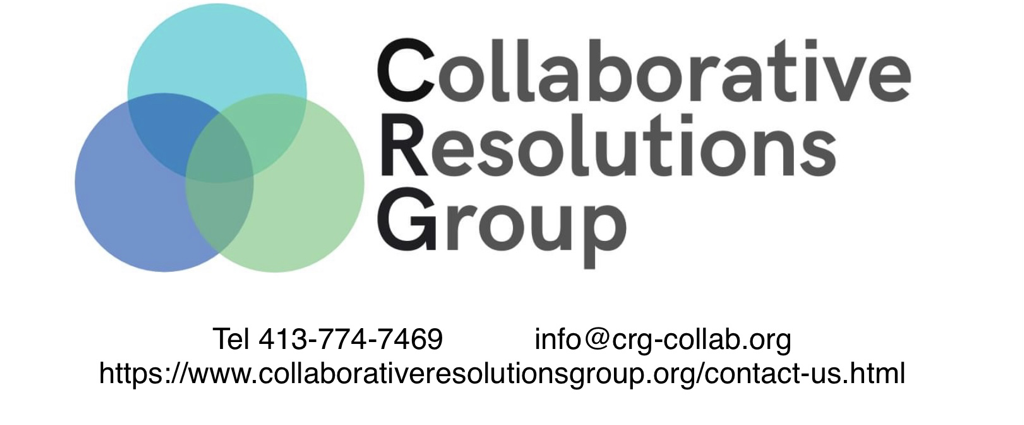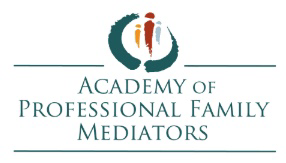Divorces, disputes, disagreements, contract negotiations, can be tough and hard enough. Let us help you find a resolutions, while practicing a collaborative mediation process.
Collaborative Practice is a voluntary process where parties settle disputes without resorting to litigations.
In Collaborative Practice, each person, including professionals, commits to:
• Negotiate a mutually acceptable resolution without having courts decide issues.
• Maintain open communication and information sharing.
• Create shared solutions acknowledging the highest priorities of all.
Collaborative Practice is a voluntary process where parties settle disputes without resorting to litigations.
In Collaborative Practice, each person, including professionals, commits to:
• Negotiate a mutually acceptable resolution without having courts decide issues.
• Maintain open communication and information sharing.
• Create shared solutions acknowledging the highest priorities of all.
What is Mediation?
Mediation is a form of facilitated negotiation, by a mediator, who helps the parties engage in a dialog to search for a joint agreement. All decisions, from agreeing to participate in the mediation, to possible terms of an agreement, are decided by the parties.
The mediator has no authority over the parties nor impose any directives. The mediator is there to help the parties find their interests, list and organize the options they have vs the alternatives and the outcome probabilities for each outside a resolution via the mediation process.
The mediator has no authority over the parties nor impose any directives. The mediator is there to help the parties find their interests, list and organize the options they have vs the alternatives and the outcome probabilities for each outside a resolution via the mediation process.
Why Mediation?
There are many advantages to mediation, and below is a list of a few
- Saves parties time and money
- Allows parties to resolve disputes in accordance with own preferences
- Confidential, private forum for addressing sensitive issues and exploring settlment
- Parties control selection of mediator
- Parties retain control over outcome; can end mediation at any time
- Allows for creativity and flexibility in generating options; leads to solutions tailored to meet parties’ interests
Is it confidential?
All communications in mediation are confidential, and neither the mediator's work product nor the participants' statements made in mediation about the subject matter can be disclosed later or admitted into evidence if a trial is held. Private sessions between a single party and the mediator have a second level of confidentiality, since they aren’t shared with the other party without permission. The only record of a mediation is the written agreement reached by the parties.
https://www.mass.gov/info-details/about-mediation
https://www.mass.gov/info-details/about-mediation
What does it cost?
We work with our clients’ capabilities to find what is fair for the services provided.
Payments are accepted as well via credit card as well as pay-as-you go.
Third party financing alternatives also available.
We work with our clients’ capabilities to find what is fair for the services provided.
Payments are accepted as well via credit card as well as pay-as-you go.
Third party financing alternatives also available.





